The World Bank has called on the Nigerian government to remove restrictions on food and fertilizer imports while adopting the Economic Community of West African States (ECOWAS) Common External Tariff (CET) as part of efforts to foster economic growth and enhance trade. This recommendation comes from the latest edition of the Nigeria Development Update (NDU), which highlighted key reforms implemented in Nigeria over the past year, particularly in the energy and foreign exchange sectors.
The report applauded Nigeria’s recent fiscal measures, such as lifting the foreign exchange (FX) ban on 43 products and introducing a single window trade portal. However, the World Bank emphasized the need for further steps, specifically urging the government to eliminate import bans on essential goods such as food and fertilizers. It argued that these trade restrictions are counterproductive to Nigeria’s long-term economic stability and growth.
The global financial institution stressed that these policy changes would enhance Nigeria’s economic competitiveness, lower the cost of key imports, and promote trade across the region. According to the World Bank, aligning Nigeria’s tariffs with the ECOWAS CET would help harmonize trade policies across West Africa, facilitating better regional integration and boosting Nigeria’s position in intra-African trade.
“The removal of the FX ban on 43 product lines, the temporary removal of tariffs on food products, and the re-launch of the single window are positive initial steps,” the report noted. “However, to maximize the benefits, further actions are needed to remove import bans on essential goods like food, cleaning products, apparel, and fertilizers. Additionally, aligning tariffs with the ECOWAS CET will provide much-needed tariff transparency and reduce non-tariff barriers.”
Nigeria’s trade restrictions, especially on agricultural products, have been a contentious issue. Over the years, the government has imposed several bans and tariffs aimed at protecting local industries and boosting domestic production. While this approach has had some positive impact on local production, critics argue that it has also led to higher prices, market inefficiencies, and limited access to essential goods, affecting the most vulnerable in society.
The World Bank’s report highlighted the need for Nigeria to streamline its trade facilitation processes, noting that improving risk management and auditing procedures at ports would enhance efficiency and reduce delays in clearing goods. This, in turn, would lower costs for businesses and improve Nigeria’s attractiveness as a trading partner in the region.
Additionally, the report called for continued efforts by the Central Bank of Nigeria (CBN) to deepen the official FX market. The World Bank recommended that Nigeria should encourage formal remittance inflows and allow international oil companies to channel their FX sales exclusively through the official market. This would provide more transparency and liquidity to the FX market while reducing reliance on unofficial channels that contribute to market distortions.
The World Bank also advised Nigeria to restore access to bureaux de change and avoid ad-hoc FX auctions, which can create uncertainty for investors and businesses. It stressed that giving market participants more flexibility in FX trading would enhance the depth and resilience of Nigeria’s FX market, making it more efficient and better aligned with international best practices.
Over the past year, Nigeria has taken several steps to reform its foreign exchange and trade policies, which have been commended by the World Bank. The removal of the FX ban on certain products and the re-launch of the single window trade portal were seen as important milestones in improving the country’s trade environment. However, the World Bank cautioned that these reforms must be followed by additional measures to ensure long-term success and stability.





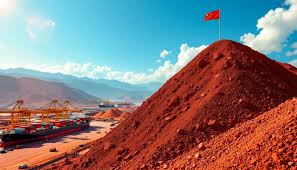

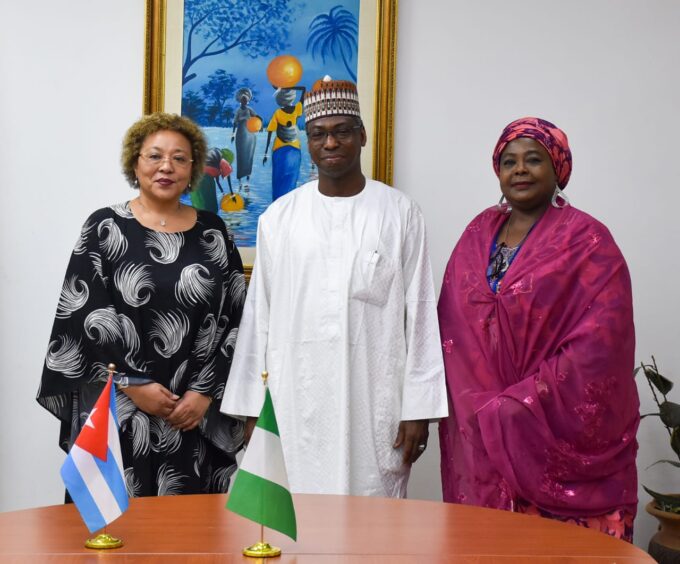
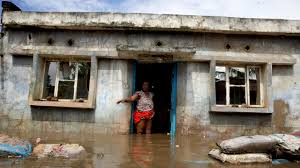

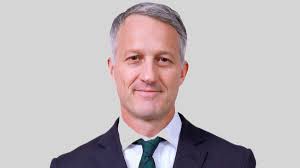

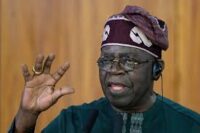
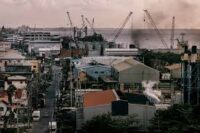
Leave a comment